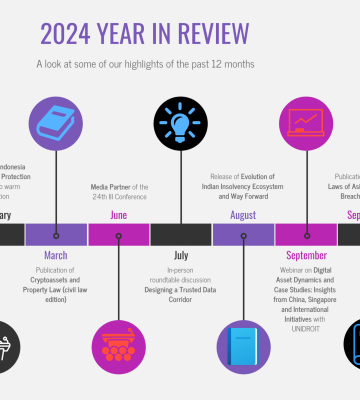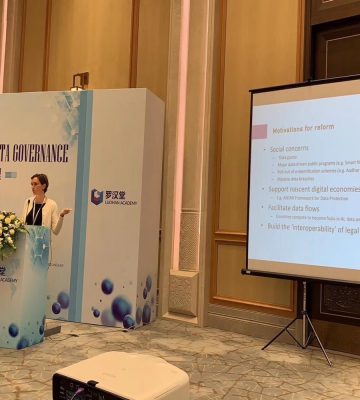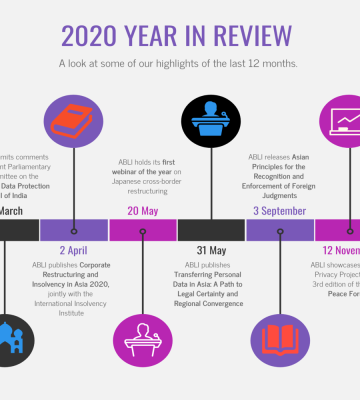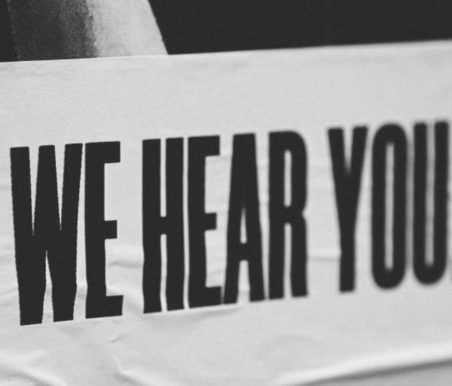ABLI has received information that Daegu High Court in South Korea recognised a judgment from the People’s Court of Chaoyang District in Beijing on 12 July 2019.
The judgment by Daegu High Court (2018나23101 집행판결) affirmed the lower court decision to recognise and enforce the Chinese judgment which dealt with disputes over the payment of proceeds (and interest) from the sale of a residential property under an agency contract. Both parties to the original judgment are Korean nationals.
In recognising and enforcing the Chinese judgment, the Daegu High Court reasoned that Article 281 and Article 282 of China’s Civil Procedure Law (which are provisions on the recognition and enforcement of foreign judgments in China) do not differ substantively from the relevant articles in Korea’s Civil Procedure Code. As such, judgments from South Korean courts should reasonably be expected to be recognised and enforced in China. It also referred to 99 Gahap 26523, where on 5 November 1999 the Seoul District Court recognised and enforced a judgment by the Weifang Intermediate People’s Court in China’s Shandong Province, as evidence of precedents of Chinese judgments having been recognised and enforced in South Korea. The judgment also naturally mentioned (2018) LU 02 XIE WAI REN No 6, which was the first time any South Korean judgment has been recognised by a Chinese court (in this case the Qingdao Intermediate People’s Court).
Interestingly, Daegu High Court also pointed to a memorandum of understanding on judicial exchange and cooperation signed between the Supreme Court of South Korea and the Supreme People’s Court on 14 June 2016, which reportedly includes an understanding that both sides will cooperate with each other in recognizing and enforcing each other’s judgments. ABLI has not independently verified this point pending access to the memorandum of understanding.
As we mentioned in this previous write-up, although South Korea has recognised a Chinese judgment as early as 1999, China did not “reciprocate” until 2018. Indeed, between 1999 and 2018, China twice refused to recognise and enforce judgments from South Korean courts. It can be said that the positive step taken by the Qingdao Intermediate People’s Court in 2018 served to confirm to the South Korean side that China would indeed “reciprocate”, and this decision by the Daegu High Court will no doubt reinforce this virtuous cycle.
An analysis is also available on China Justice Observer.
To learn about more the rules in China and South Korea on the recognition and enforcement of foreign judgments, see our Foreign Judgments Project and our publication Recognition and Enforcement of Foreign Judgments in Asia.
Whilst every effort has been made to ensure that the information contained in this update is correct, the Asian Business Law Institute disclaims all liability and responsibility for any error or omission in this update, and in respect of anything, or the consequences of anything, done or omitted to be done by any person in reliance, whether wholly or partially, upon the whole or any part of the contents of this update.





![[Interview] Landmark Indonesian Recognition [Interview] Landmark Indonesian Recognition](https://abli.asia/wp-content/uploads/elementor/thumbs/Interview-Landmark-Indonesian-Recognition-r77cnxow0ude3j2mxz2wbivxrofvqnqg7fg3rw1zx0.jpg)

